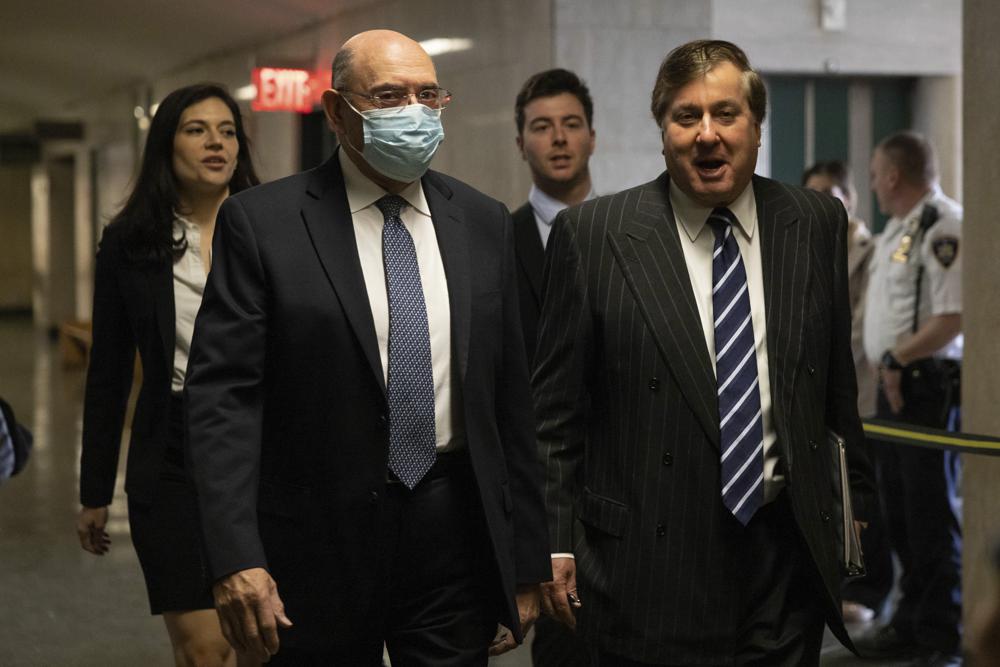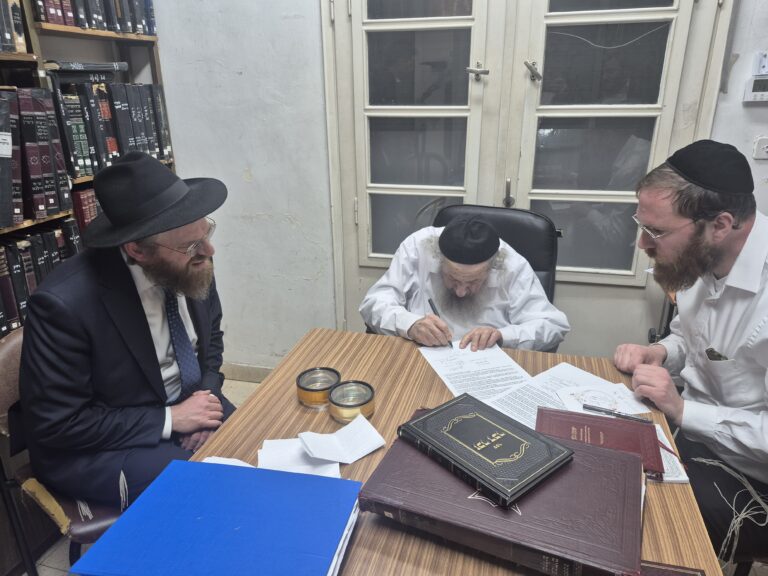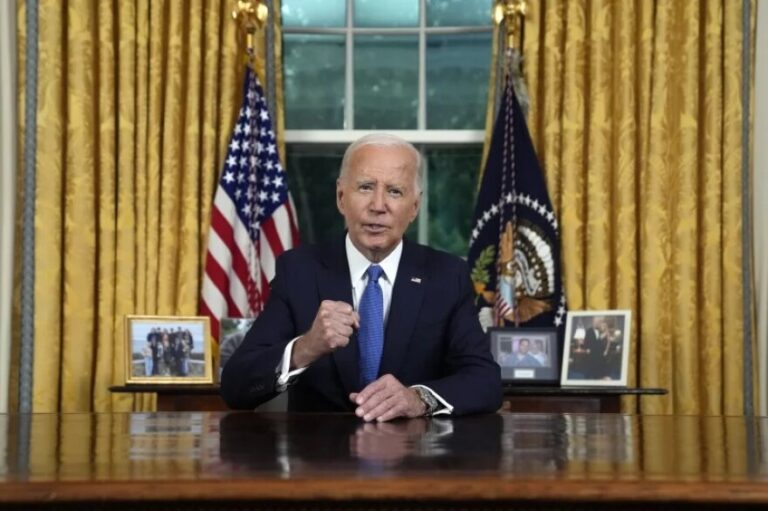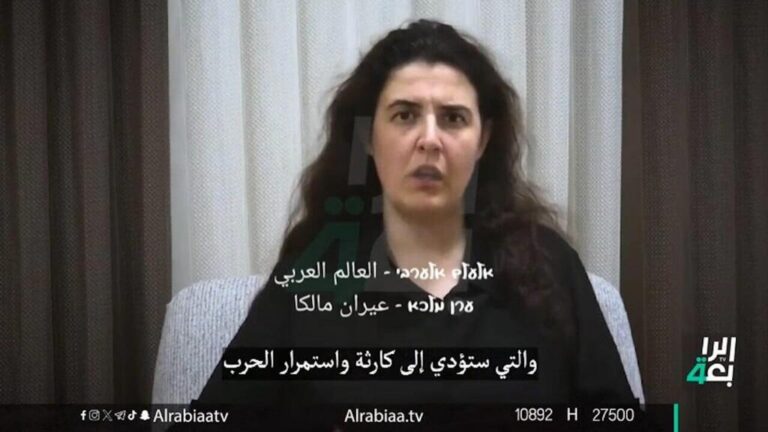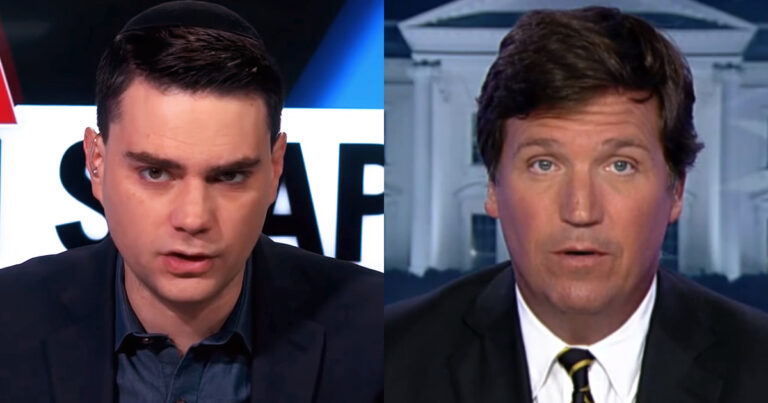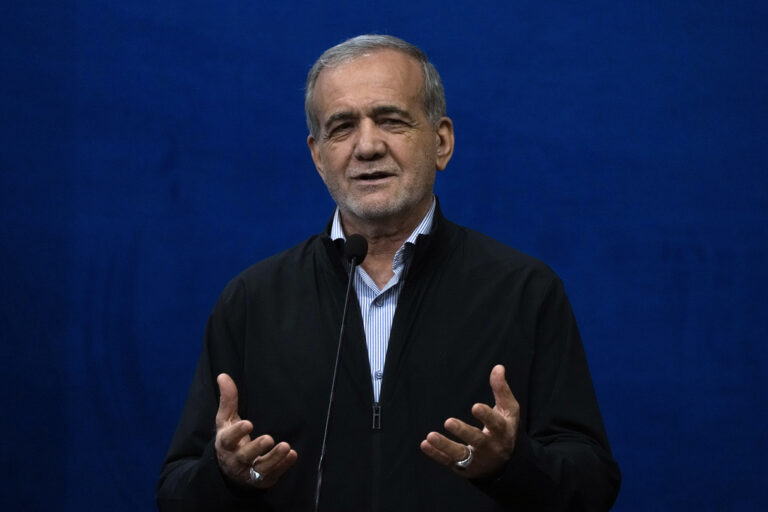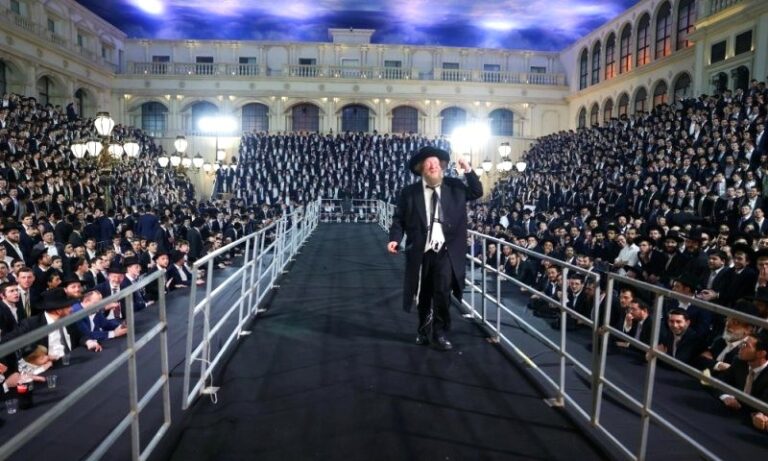Prosecutors in the Trump Organization’s criminal tax fraud trial rested their case Monday earlier than expected, pinning hopes for convicting Donald Trump’s company largely on the word of two top executives who cut deals before testifying they schemed to avoid taxes on company-paid perks.
Allen Weisselberg, the company’s longtime finance chief, and Jeffrey McConney, a senior vice president and controller, testified for the bulk of the prosecution’s eight-day case, bringing the drama of their own admitted wrongdoing to a trial heavy on numbers, spreadsheets, tax returns and payroll records.
Weisselberg, who pleaded guilty in August to dodging taxes on $1.7 million in extras, was required to testify as a prosecution witness as part of a plea deal in exchange for a promised sentence of five months in jail. McConney was granted immunity to testify.
The Trump Organization’s lawyers are expected to start calling witnesses Monday afternoon, likely beginning with an accountant who handled years of tax returns and other financial matters for Trump, the Trump Organization and hundreds of Trump entities.
Prosecutors had considered calling the accountant, Mazars USA LLP partner Donald Bender, but decided not to. The defense indicated it would call him instead.
Prosecutors called just three other witnesses: the Trump Organization’s accounts payable supervisor, a forensic accountant for the Manhattan district attorney’s office, and a state tax auditor, on the witness stand Monday, who investigated Weisselberg’s taxes.
Weisselberg, now a senior adviser at the company, testified last week that he conspired with McConney, his subordinate, to hide more than a decade’s worth of extras from his taxable income, but that neither Trump nor the family were involved.
McConney testified that Weisselberg and another executive, Michael Calamari Sr., leaned on him over the years to fudge payroll records to hide extras such as Manhattan apartments and Mercedes-Benz cars from their taxable income, in part by reducing their salaries by the cost of those perks and issuing falsified W-2 forms.
Manhattan prosecutors allege that the Trump Organization helped top executives avoid paying taxes on company-paid perks and that it is liable for Weisselberg’s wrongdoing because he was a “high managerial agent” acting on its behalf.
The tax fraud case is the only trial to arise from the Manhattan district attorney’s three-year investigation of Trump and his business practices. If convicted, the company could be fined more than $1 million and face difficulty making deals.
Trump blamed Bender and Mazars for the company’s troubles, writing on his Truth Social platform last week: “The highly paid accounting firm should have routinely picked these things up – we relied on them. VERY UNFAIR!”
Mazars cut ties with Trump in February and said annual financial statements it prepared for him “should no longer be relied upon” after New York Attorney General Letitia James said they regularly misstated the value of assets.
James filed a lawsuit in September accusing Trump and his company of padding his net worth by billions of dollars and habitually misleading banks and others about the value of assets such as golf courses, hotels and his Mar-a-Lago estate.
Trump’s financial statements are not a part of the criminal case.
(AP)

